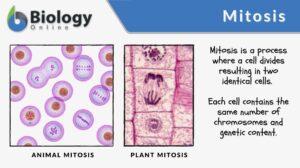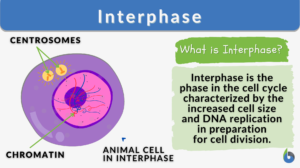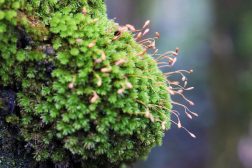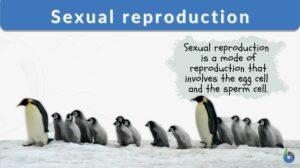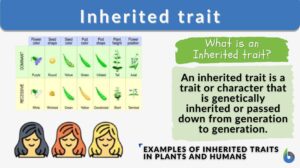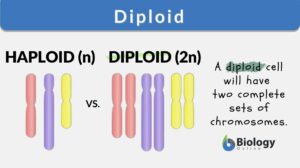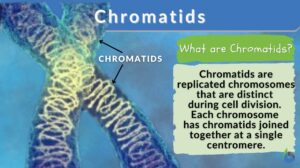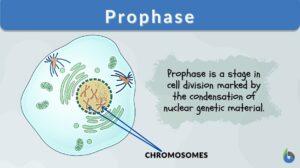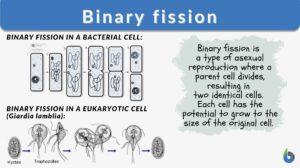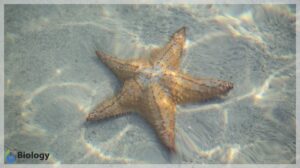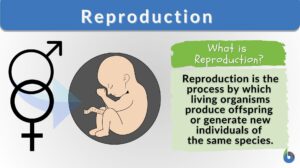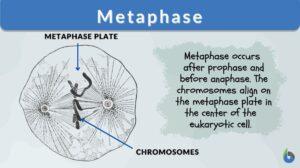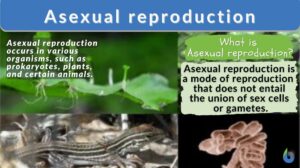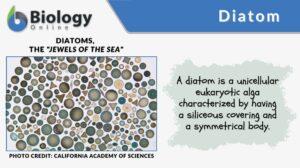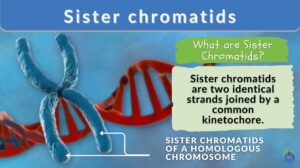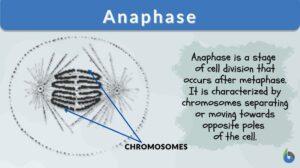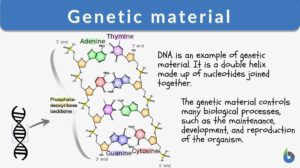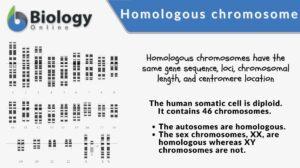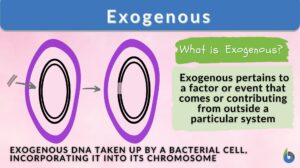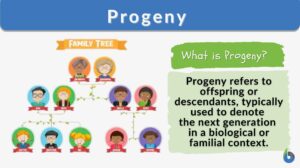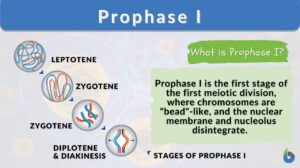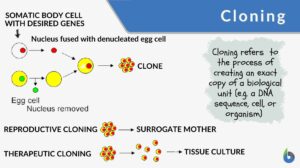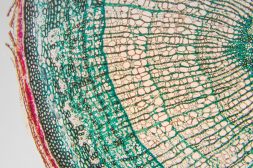Search Results for: parent cell
Parent cell
Definition noun (1) The cell giving rise to daughter cells by cell division. (2) Progenitor cell: the precursor or source of... Read More
Cell division
Cell division is a biological process by which a parent cell duplicates its cell contents and divides to give rise to two or... Read More
Cytokinesis
The cell cycle of eukaryotes is a cyclical series of biological events that certain asexual cells go through. The cell cycle... Read More
Interphase
Interphase is the critical period in the eukaryotic cell cycle characterized by a sequence of events like the G1 phase where... Read More
Meiosis and Alternation of Generations
Review of Mitosis: Cell Cycle The cell cycle contains the process in which cells are either dividing or in between... Read More
Sexual reproduction
Sexual reproduction is a mode of reproduction involving the fusion of haploid female gamete (egg cell) and haploid male... Read More
Inherited traits
What are Inherited Traits? The characteristics or traits that are passed from parents to offspring are known as inherited... Read More
Cell differentiation
Cells are often described as the building blocks of life as they are the smallest unit used to build up organisms. Cells can... Read More
Chromatids
Chromatid Definition Chromatids are found inside our cells. Chromatids are condensed chromosomes distinguishable during... Read More
Binary fission
Binary Fission Definition What is binary fission? In biology, binary fission is a type of asexual reproduction where a... Read More
Fragmentation
Fragmentation Definition What is fragmentation? In general, fragmentation refers to the state or the process of breaking... Read More
Reproduction
Reproduction Definition Reproduction is a biological phenomenon of producing offspring/s. i.e. more of its kind. Depending... Read More
Asexual reproduction
Asexual Reproduction Definition What is asexual reproduction? Asexual reproduction is a type of reproduction that does not... Read More
Eubacteria
Eubacteria are prokaryotic microorganisms consisting of a single cell lacking a nucleus and containing DNA is a single... Read More
Humoral immunity
Let’s get to know where one should place humoral immunity, the topic of today’s discussion!! By the end of the article,... Read More
Sister chromatids
Sister Chromatids Definition Sister chromatids are defined as the two identical copies of a single replicated chromosome... Read More
Genetic material
Genetic Material Definition What is genetic material? Genetic material is the hereditary substance in the cell. It carries... Read More
Homologous chromosome
A homologous chromosome pertains to one of a pair of chromosomes with the same gene sequence, loci, chromosomal length, and... Read More
Prophase I
Organisms all use mitosis to create more cells in the body. Meiosis, a similar process, is used in some organisms to undergo... Read More
Mitochondrion
Mitochondrion Definition What are mitochondria? The term “mitochondrion” comes from the two words of the Greek... Read More
Parthenogenesis
To reproduce, by definition, means to produce new offspring. The process is referred to as reproduction, which is one of the... Read More
Plant Tissues
Plants are composed of three major organ groups: roots, stems, and leaves. As we know from other areas of biology, these... Read More
Vascular plants
Definition of Vascular plants The term 'vascular' is derived from the Latin word vāsculum, vās, meaning "a container and... Read More
Dinoflagellate
A dinoflagellate is a flagellate algae characterized by their two flagella of unequal length. One of the flagella is lying... Read More
Mother cell
Definition noun (1) The cell giving rise to daughter cells by cell division. (2) Progenitor cell: the precursor or source of... Read More


